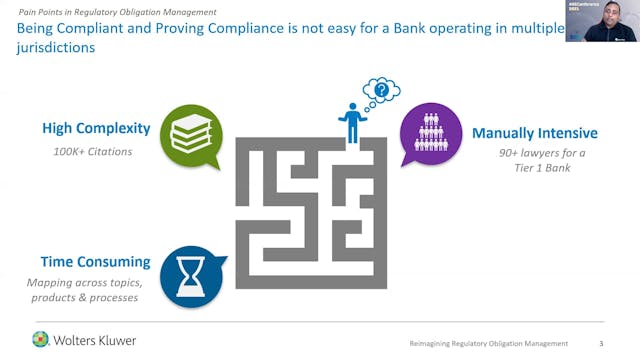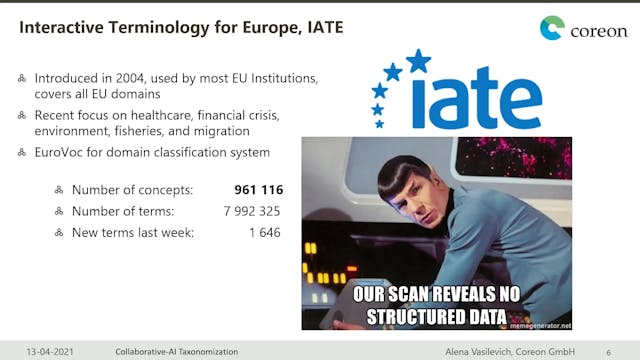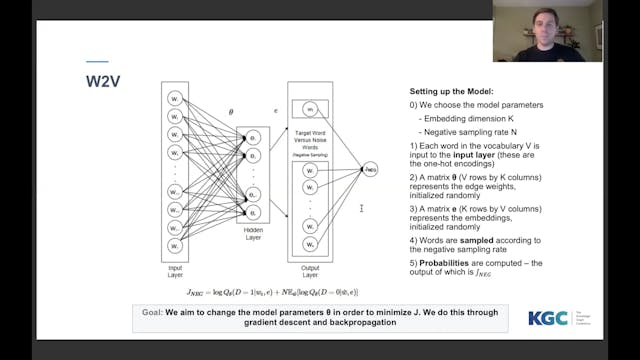Zhamak Dehghani | Introduction To Data Mesh
KGC | The Complete Collection
•
22m
For over half a century organizations have assumed that data is an asset to collect more of, and data must be centralized to be useful. These assumptions have led to centralized and monolithic architectures such as data warehousing and data lake, and neither of which have been able to enable data-driven innovations at scale.
In this talk, Zhamak will unpack the challenges of existing paradigms of big data management.
She introduces Data Mesh as an alternative approach to analytical data management.
An approach that shifts the data culture, technology and architecture
- from collecting data to connecting data
- from data as an asset to data as a product
- from proprietary big platforms to protocols, and
- from top-down manual data governance to a federated computation one.
She will explore the relationship between a Data Mesh implementation and emergence of a knowledge graph, and will leave you with a call to action to continue the exploration.
Up Next in KGC | The Complete Collection
-
Abhishek Mittal | Re-Imagining Regula...
Content Enrichment: Development and deployment of a 5-stage taxonomy. Applying the taxonomy to tag regulations and classify them for improved discovery & work assignment.
Smart Authoring: Leveraging advanced NLP and ML techniques to learn from the past content authoring for identification of ... -
Alena Vasilevich | Benefits Of Collab...
In the realm of data-driven businesses, structured data, being highly organized and easily understood by machines, is a valuable resource. IATE, with almost one million concepts storing multilingual terms and metadata, holds a large part of the textual knowledge of the EU. However, it can only be...
-
Alex Kalinowski | Structured To Unstr...
Identification of entities and the relations between them is a difficult task for traditional pattern-based matching or machine learning approaches; these techniques rapidly overfit training datasets and struggle to transfer to other contexts or domains. Utilizing outside knowledge, such as facts...



